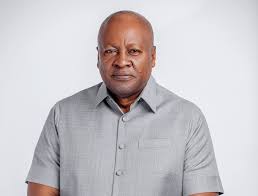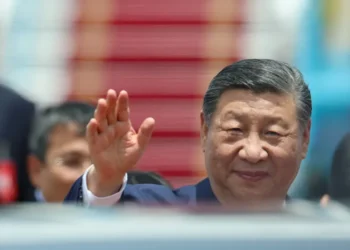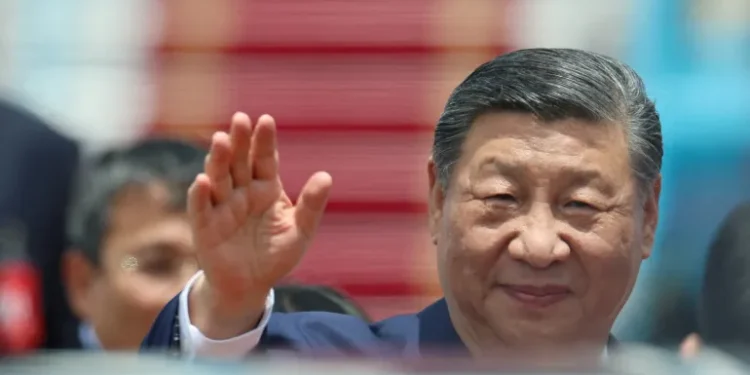Ghana’s former Auditor-General, Daniel Yaw Domelevo has dismissed a comparison between the recent revocation of some public/civil sector recruitments and the circumstances surrounding his appointment in 2016 under previous Mahama’s administration.
The recent mass revocation of appointments by the government following the New Patriotic Party’s (NPP) defeat in the December 7, 2024, elections has sparked widespread debate, with critics questioning the legitimacy of the dismissals.
In his assessment, he argued that equating the two situations is akin to comparing apples and bananas. According to Domelevo, a common claim among critics is that President Mahama appointed Article 71 officeholders, including himself, after losing the 2016 elections.
“To clarify, I took the oath of office as Auditor-General on December 30, 2016. Critics are using my 2016 appointment, along with those of other Article 71 officeholders, to challenge the current Mahama administration’s revocation of appointments allegedly made in the public service after the December 7 elections. They are, in effect, comparing apples and bananas”.
Daniel Yaw Domelovo, former Ghana,s Auditor General
Domelevo further explained that Article 71 officeholders do not undergo conventional recruitment processes, asserting that their appointments do not require public advertisement, shortlisting, or financial clearance from the Ministry of Finance.
He emphasized that instead, they are made in consultation with the Council of State, and once appointed, these officials are immediately sworn into office without any probation period.
“For instance, the Auditor-General, Electoral Commissioner, and judges of the Superior Courts can only be removed lawfully using the procedures outlined in Article 146 of the Constitution.
“Additionally, they do not require financial clearance from the Ministry of Finance for their appointments or salary payments, as Article 71 stipulates that their remuneration is charged to the consolidated fund. In contrast, other public servants must follow distinct recruitment procedures.”
Daniel Yaw Domelovo, former Ghana,s Auditor General
The former Auditor-General raised critical questions regarding the legitimacy of the NPP administration’s last-minute recruitment of personnel into public service after the December 2024 elections.
“Were there actual vacancies, and if so, when did the vacancies occur? Were the individuals employed after the December 2024 elections qualified for their positions? Did the recruitment process adhere to the standard public service methods, including advertising, shortlisting, and interviewing?
“Did the institutions obtain the financial clearance required under Section 25 of the PFM Act? If the answer to any or all of these questions is “no,” then the NPP’s actions may be questionable. ”
Daniel Yaw Domelovo, former Ghana,s Auditor General
Probation after Appointment
Domelevo further pointed out that most of the individuals recruited into public service after December 7, 2024, would typically be on a probationary period lasting six months or more.
According to him, during this period, either the employer or the employee has the right to terminate the contract before confirmation.

This he argued raises a crucial question: Did the new National Democratic Congress (NDC) government ensure due diligence was conducted before revoking these appointments? If not, he suggested, this could call into question the principles of good governance, accountability, and transparency.
While Domelevo acknowledged the fundamental right of all qualified Ghanaians to be considered for public service positions, he stressed that due process must always be followed.
For him, if recruitment is done based on merit and in compliance with legal procedures, then those appointed deserve to retain their jobs.
However, Domelovo opined that if the recruitment was politically motivated, designed merely to create employment opportunities for party loyalists rather than serving the broader national interest, then the revocation of such appointments is justifiable.
The broader issue at stake, as Domelevo highlighted, is the long-standing practice of political appointments being made hastily after elections, often disregarding due process and financial sustainability.
He called for a more structured and transparent approach to public service recruitment, one that prioritizes national interest over partisan considerations.
The mass termination of appointments has become a contentious issue in Ghana’s political landscape, with each administration facing accusations of political victimization when it undertakes such actions.
Domelevo’s insights serve as a reminder that governance must be guided by fairness, due process, and a commitment to national development rather than political expediency.
READ ALSO: T-Bills Oversubscribed by 140.5% as Government Rejects GH¢10.865bn



















